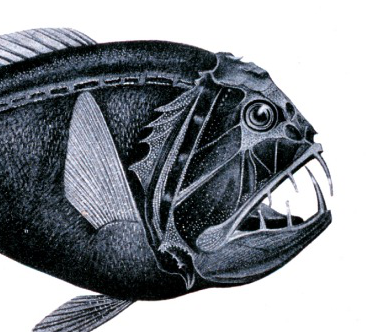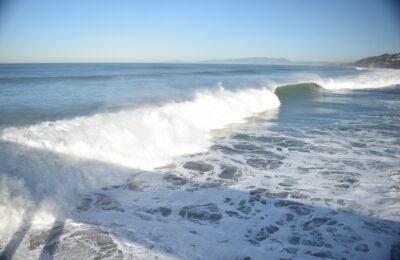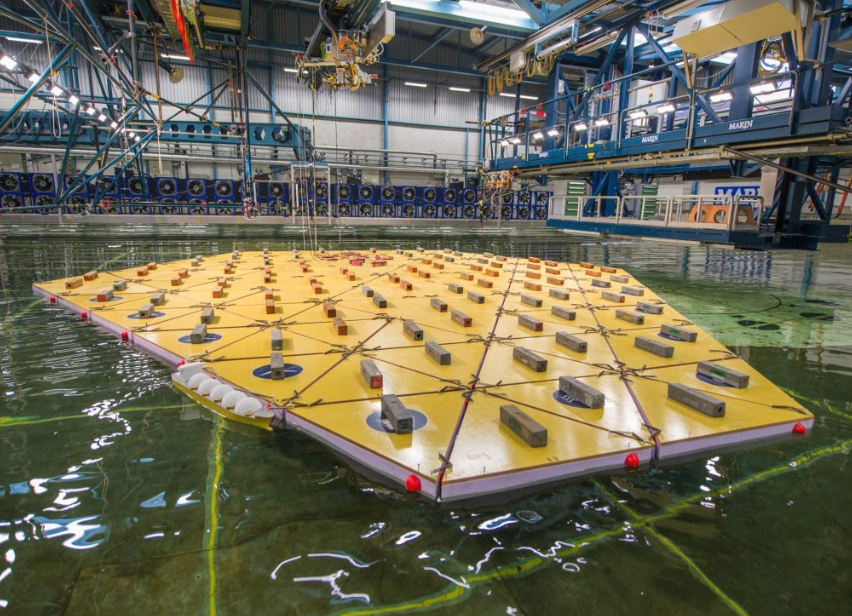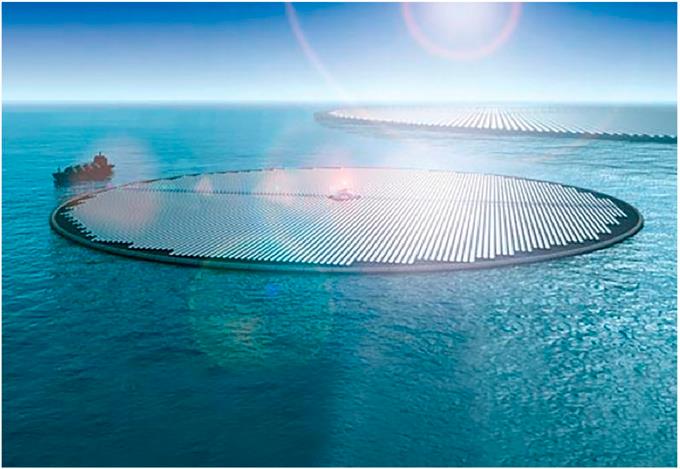Alternative Energy
Soaking up the sun: can the ocean be used as a platform for floating solar panels?
Scientists explore the viability of floating photovoltaic farms (FPV) on the ocean and how climate change may impact their use.






